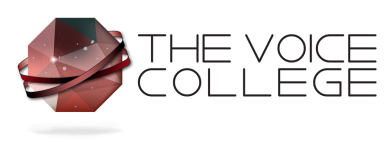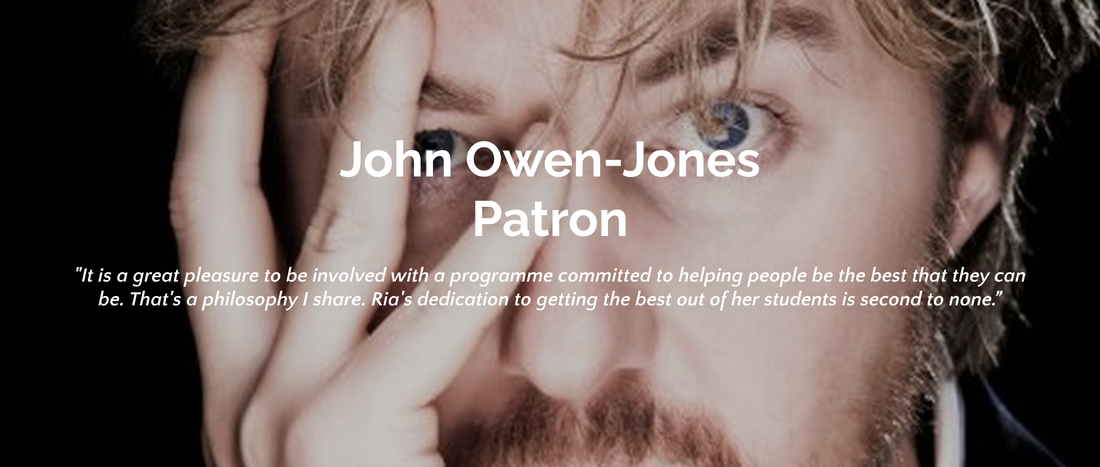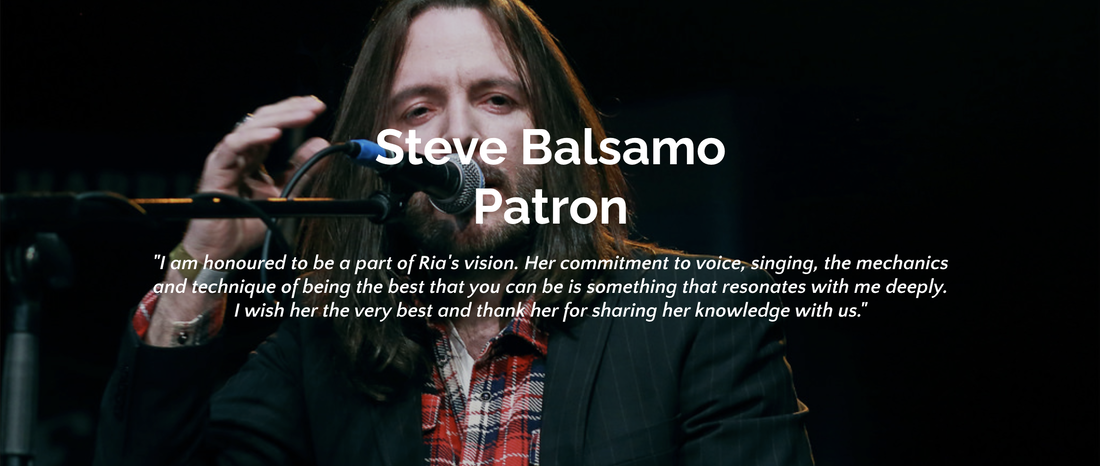The tricky business of accreditation, and why we just say no!
For many years, The Voice College jumped through the annual accreditation hoops, then in early 2015, after thinking very hard indeed, we took the decision not to renew. Why? Well, that's a reasonable question...
The bottom line is, people don't take our courses because of accreditation. They take them because they know that we have a reputation for high standards of teaching, for caring about our students, and for being very knowledgeable in our field. People take our courses because they offer something that is simply not available anywhere else, and because they have heard that our teaching team comprises people who have a huge amount of know-how and passion. In fact, since we started on this amazing path back in 2001, less than 1% of all applicants have even asked about accreditation! That's how we know that it's not something that most of our students care about.
But why rock the boat? Why give up the accreditation that we worked so hard to achieve in the first place? Well, we concur with the views of the Principal of The MTA, Annemarie Lewis Thomas, who wrote a typically hard-hitting, no-nonsense blog on the subject back in 2014. a while ago. Here are the key points as they apply to our particular way of thinking:
People make choices based on results, not on whether the institution or course is accredited. There is no requirement, in the UK, for a singing teacher to be 'qualified' as such in any way at all. To our way of thinking, this begs the question as to whether any qualification gained actually needs to be accredited, outside of a university setting. (And indeed, the vast majority are not).
Accreditation costs money. Lots of money. We would rather use those funds to develop new courses, resources and opportunities for our students than hand over huge wads of cash to a faceless corporate machine that - when it comes right down to it - knows very little about what we do other than that our systems and record-keeping procedures tick all the right boxes.
Do you know what else it costs? Hundreds of hours of paperwork, form-filling, hoop-jumping and other fun stuff. We'd rather be free to teach, to mentor, to guide. Who loves red tape? No-one we know! And certainly not performers, creatives, or teachers.
Based on our experience, very few applicants care whether The Voice College is 'accredited' or not. They just want good training, and they know that they are going to get it because nine times out of ten someone, somewhere, has recommended us to them. And back when we were still playing the accreditation game, it was pretty clear that once their courses were over, the students didn't thank the accrediting body, they thanked their tutors...
Having said all that... our Sing 4 Health course was accredited in 2019 by the IPHM, which we felt was a reasonable decision as practitioners will be dealing with people's mental and physical health.
The bottom line is, people don't take our courses because of accreditation. They take them because they know that we have a reputation for high standards of teaching, for caring about our students, and for being very knowledgeable in our field. People take our courses because they offer something that is simply not available anywhere else, and because they have heard that our teaching team comprises people who have a huge amount of know-how and passion. In fact, since we started on this amazing path back in 2001, less than 1% of all applicants have even asked about accreditation! That's how we know that it's not something that most of our students care about.
But why rock the boat? Why give up the accreditation that we worked so hard to achieve in the first place? Well, we concur with the views of the Principal of The MTA, Annemarie Lewis Thomas, who wrote a typically hard-hitting, no-nonsense blog on the subject back in 2014. a while ago. Here are the key points as they apply to our particular way of thinking:
People make choices based on results, not on whether the institution or course is accredited. There is no requirement, in the UK, for a singing teacher to be 'qualified' as such in any way at all. To our way of thinking, this begs the question as to whether any qualification gained actually needs to be accredited, outside of a university setting. (And indeed, the vast majority are not).
Accreditation costs money. Lots of money. We would rather use those funds to develop new courses, resources and opportunities for our students than hand over huge wads of cash to a faceless corporate machine that - when it comes right down to it - knows very little about what we do other than that our systems and record-keeping procedures tick all the right boxes.
Do you know what else it costs? Hundreds of hours of paperwork, form-filling, hoop-jumping and other fun stuff. We'd rather be free to teach, to mentor, to guide. Who loves red tape? No-one we know! And certainly not performers, creatives, or teachers.
Based on our experience, very few applicants care whether The Voice College is 'accredited' or not. They just want good training, and they know that they are going to get it because nine times out of ten someone, somewhere, has recommended us to them. And back when we were still playing the accreditation game, it was pretty clear that once their courses were over, the students didn't thank the accrediting body, they thanked their tutors...
Having said all that... our Sing 4 Health course was accredited in 2019 by the IPHM, which we felt was a reasonable decision as practitioners will be dealing with people's mental and physical health.
Memberships
The Voice College is a member of The International Society for Music Education
Because whilst we don't really believe that accreditation is necessary - the training speaks for itself and the vast majority of our alumni are working as professional singing teachers - we do believe that being part of organisations that seek to move music education forward is a good idea!
We are also Approved Training Providers for the IPHM (International Practitioners of Holistic Medicine), with regard to our Sing 4 Health course and a range of other wellbeing courses provided via our Academy site.
Also, on an individual basis our tutors are members of many professional associations and bodies, including but not limited to:
The Royal Society of Arts
The Chartered College of Teaching
The Music Teacher's Association
The Association of Teachers of Singing
Incorporated Society of Musicians
The Musician's Union
Equity
Natural Voice Network
International Association of Therapists
International Practitioners of Holistic Medicine
What do other people say?
"As a singer and teacher I have been privileged to work with some of the best musicians and educators in my field. I believed I had a firm and well-grounded technique and a sound vocal pedagogy upon which to base my teaching career. Ria has taught me that there is always so much more to learn. After working with Ria Keen and The Voice College, I can honestly say that my approach to teaching and learning voice has been altered forever, in a truly positive way. Through my studies, I have been encouraged to explore and question my own pedagogy and not to simply accept it, as I had so often done before. The guidance I have received, and the quality of teaching materials means that I cannot endorse The Voice College highly enough. My learning and development continues to grow and this has had a wonderful impact upon my own teaching. To be able to give singers and teachers the tools to become independent, investigative practitioners is a truly powerful thing. This is what The Voice College does. Ria Keen and her team are crossing the boundaries of professional development through their online courses, and have created something which is truly outstanding."
James Gray - Singing Teacher, Voice Rehabilitation Practitioner, Child & Adolescent Voice Expert
James Gray - Singing Teacher, Voice Rehabilitation Practitioner, Child & Adolescent Voice Expert


